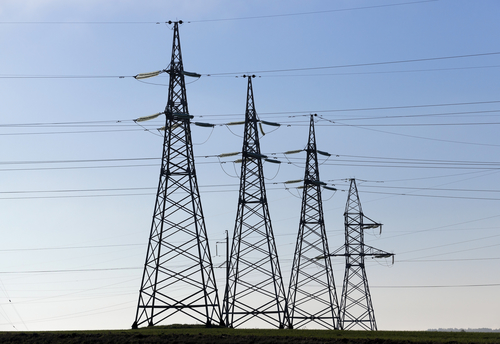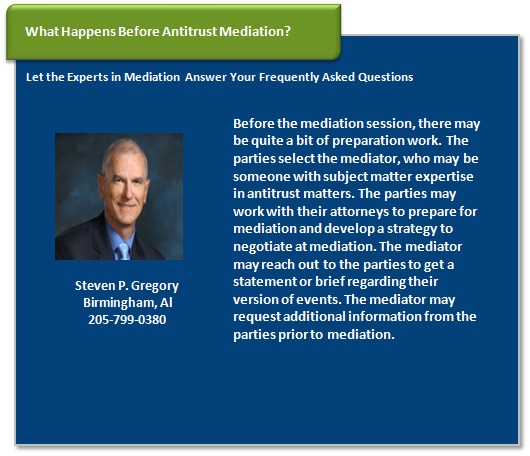 Antitrust cases can arise between competitors, especially when one of them believes the other is violating laws on the subject. These disputes may involve years of litigation and sizable attorneys’ fees to resolve these complex cases. Mediation may be able to resolve these disputes in a more amicable fashion while offering the following advantages:
Antitrust cases can arise between competitors, especially when one of them believes the other is violating laws on the subject. These disputes may involve years of litigation and sizable attorneys’ fees to resolve these complex cases. Mediation may be able to resolve these disputes in a more amicable fashion while offering the following advantages:
Lower Costs
Mediation tends to be much less expensive than litigation. Litigating these cases may involve extensive payment of attorneys’ fees. While parties may still be represented by legal counsel at mediation, mediation tends to resolve problems more quickly so that there are fewer fees to pay. The parties may mediate prior to discovery, which is often a lengthy process for parties to get information from the other party, so this can save a sizable amount of money in attorney’s fees. Additionally, the parties can split the costs of mediation between them.
Informed Risk Management
In mediation, the parties have the ability to negotiate their own settlement. In trial, the results may be unpredictable. In mediation, the mediator can provide an objective evaluation of the strengths and weaknesses which he or she communicates to each party individually. This gives the parties a more realistic version of their side of the case. This can provide invaluable information to the parties so that they will be more likely to resolve their case out of court.
More Favorable Environment to Preserve Relationships
Mediation allows the parties to communicate well together. Even as competitors, the parties may be able to retain professional relationships with each other with the help of a mediator.
Possibility for Creative Solutions
The parties are open to make decisions about how they wish to resolve the case. This may allow them to work on projects together or approach a problem in a new way. In litigation, the only remedy may be money damages, but creative solutions may provide better results for the parties.





 Energy disputes can be contentious matters involving a number of parties such as private companies, landowners, customers and regulatory agencies. Alternative dispute resolution is increasingly becoming a preferred method to involve disputes arising in this industry due to the significant advantages that it has over traditional litigation.
Energy disputes can be contentious matters involving a number of parties such as private companies, landowners, customers and regulatory agencies. Alternative dispute resolution is increasingly becoming a preferred method to involve disputes arising in this industry due to the significant advantages that it has over traditional litigation. Mediation in energy disputes is an alternative to litigation. It can be used in a variety of cases, including in cases in which damages need to be assessed due to service interruptions, grid issues, explosions or environmental violations. Mediation may be used when only private parties are involved, a regulatory agency is a named party or when companies are in dispute. This method can successfully resolve issues related to supply contracts, royalty interests, international manufacturers, joint venture agreements, defective products and more.
Mediation in energy disputes is an alternative to litigation. It can be used in a variety of cases, including in cases in which damages need to be assessed due to service interruptions, grid issues, explosions or environmental violations. Mediation may be used when only private parties are involved, a regulatory agency is a named party or when companies are in dispute. This method can successfully resolve issues related to supply contracts, royalty interests, international manufacturers, joint venture agreements, defective products and more.
 Antitrust cases can arise between competitors, especially when one of them believes the other is violating laws on the subject. These disputes may involve years of litigation and sizable attorneys’ fees to resolve these complex cases. Mediation may be able to resolve these disputes in a more amicable fashion while offering the following advantages:
Antitrust cases can arise between competitors, especially when one of them believes the other is violating laws on the subject. These disputes may involve years of litigation and sizable attorneys’ fees to resolve these complex cases. Mediation may be able to resolve these disputes in a more amicable fashion while offering the following advantages:
